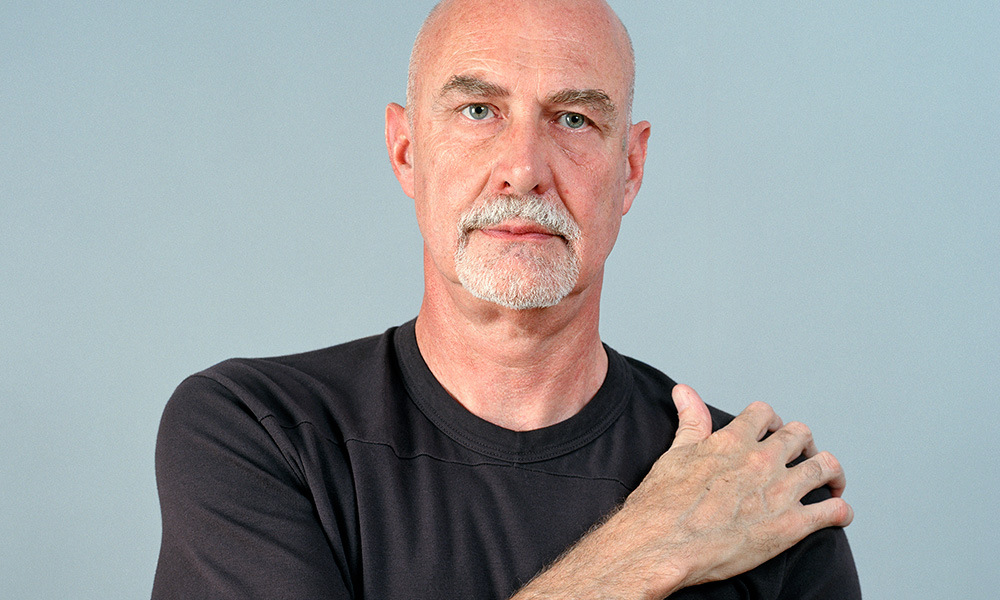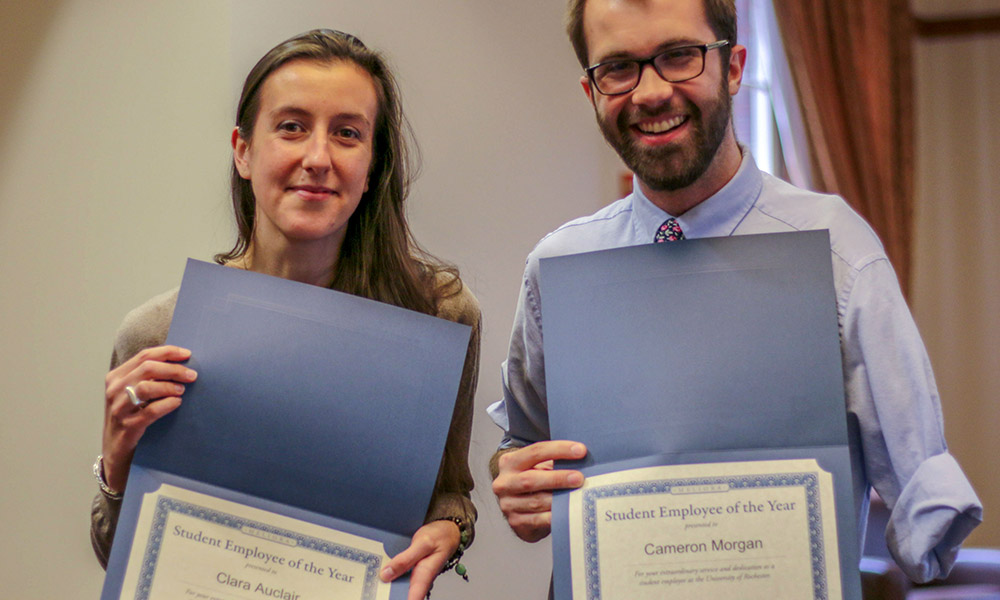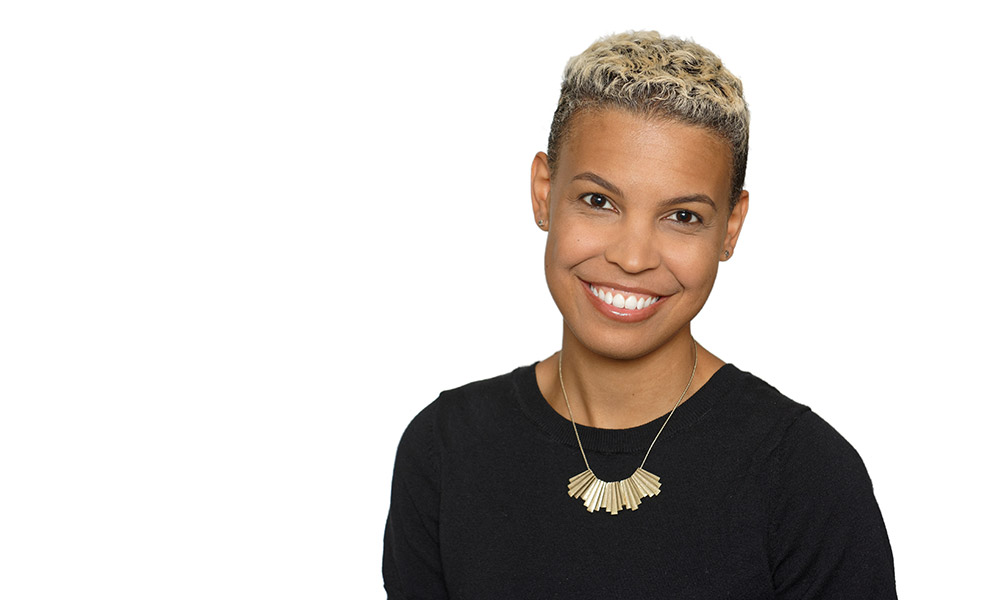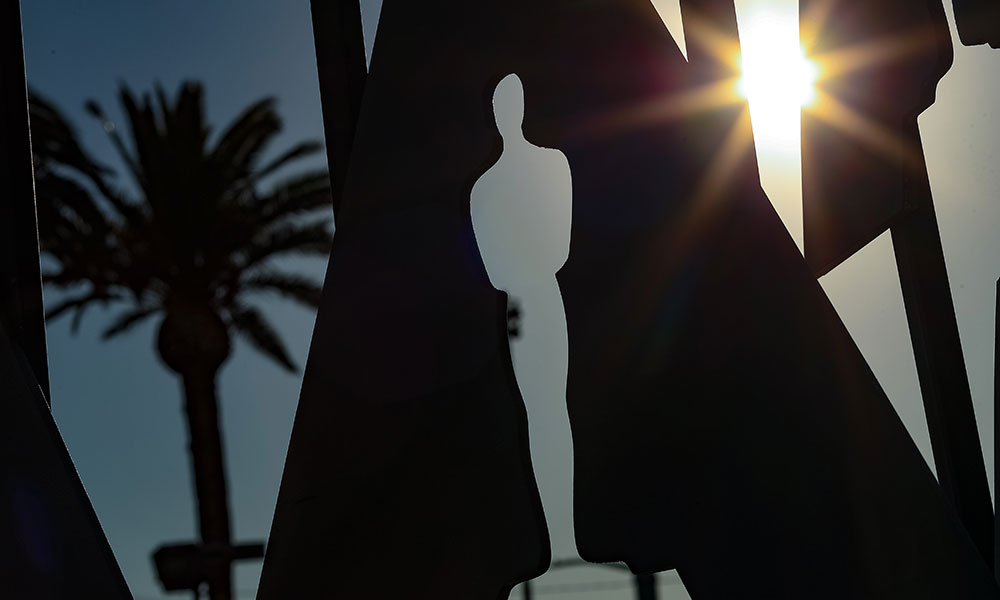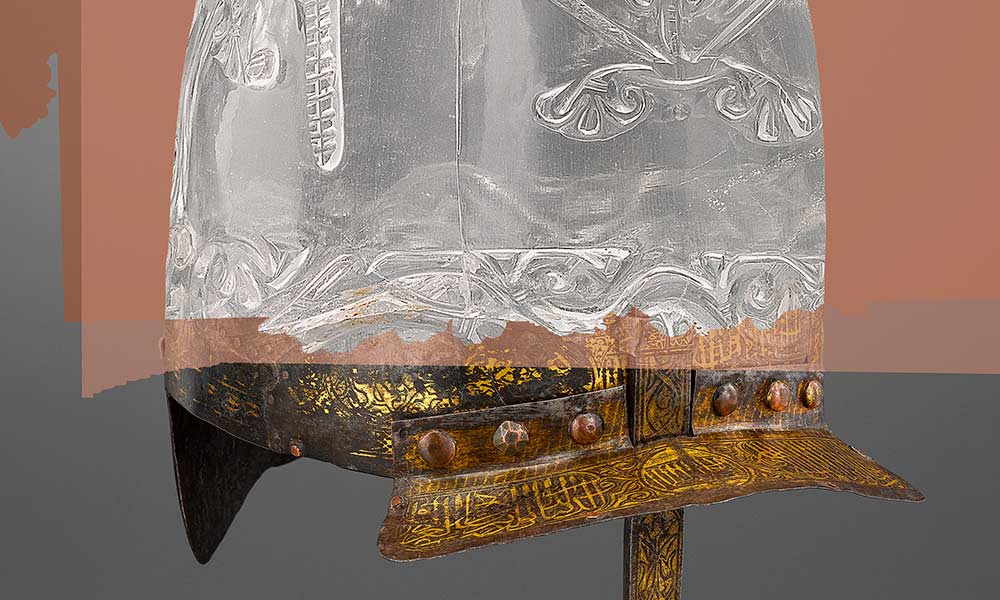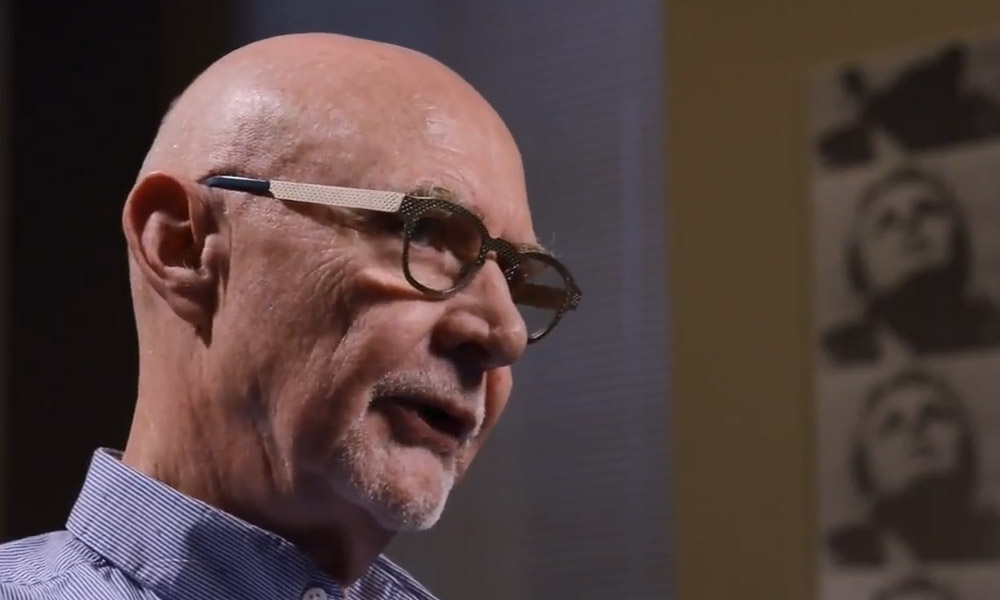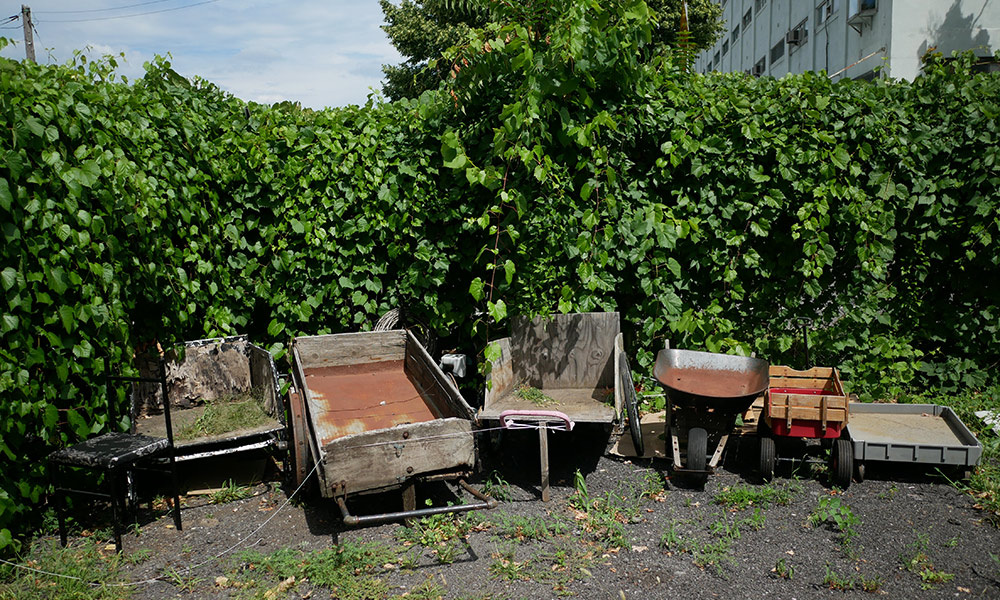
Society & Culture
How do physical spaces help create community?
September 16, 2019
In her highly visual, multi-year project “Fertile Ground,” cultural anthropologist Kathryn Mariner is researching placemaking in the city of Rochester, and her focus on how community is formed is shared by this year’s Humanities Center lectures.

